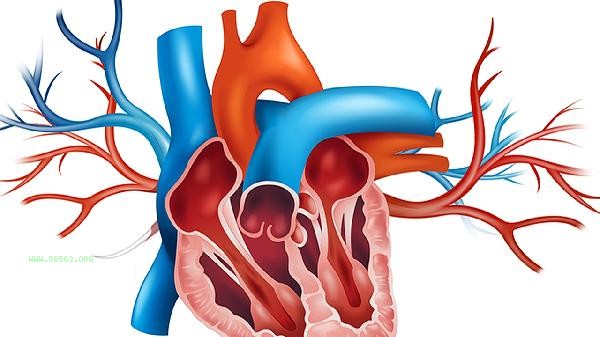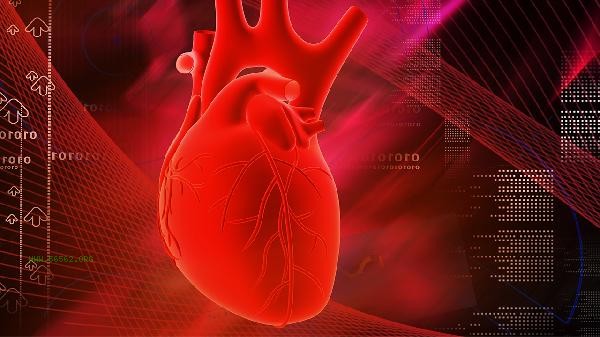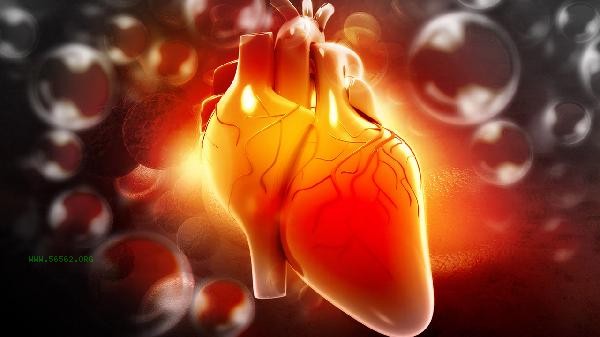A high cardiac index may be caused by physiological factors such as vigorous exercise, pregnancy, or pathological factors such as anemia, hyperthyroidism, and heart failure, and should be judged comprehensively based on specific symptoms and examination results.

1. Intense exercise: During short-term high-intensity exercise, the body's oxygen demand increases, and the heart meets the demand by improving pumping efficiency, manifested as a temporary increase in cardiac index. Within 1-2 hours after stopping exercise, the indicators can gradually return to normal, usually without any abnormal symptoms such as palpitations or chest pain.
2. Changes during pregnancy: In the middle and late stages of pregnancy, blood volume increases by 30% -50%, and the heart compensates for increased contractility to maintain placental perfusion. The cardiac index can increase by 20% -30% compared to pre pregnancy. This physiological change gradually recovers within 6 weeks postpartum, and if accompanied by respiratory distress or lower limb edema, one should be alert to gestational heart disease.
3. Anemic state: When hemoglobin is below 90g/L, the oxygen carrying capacity of the blood decreases, and the heart compensates by increasing cardiac output. The cardiac index can increase by 15% -25%. Long term moderate to severe anemia may induce myocardial hypoxia, and it is necessary to investigate the causes of iron deficiency anemia, hemolytic anemia, etc. At the same time, symptoms such as pale complexion and fatigue may occur.
4. Hyperthyroidism:
Excessive secretion of thyroid hormones accelerates metabolism, leading to increased heart rate and cardiac output, and a 30% -50% increase in cardiac index. Patients often suffer from weight loss, hand tremors, and fear of heat and excessive sweating. They need to be diagnosed through five thyroid function tests, and in severe cases, hyperthyroidism heart disease may occur.

5. Compensatory phase of heart failure:
When the systolic function of the heart decreases, the heart rate and stroke output are increased through neurohumoral regulation to maintain circulation, and the cardiac index shows a modern compensatory increase. As the condition progresses into the decompensated phase, the index actually decreases, and in the early stages, it may manifest as shortness of breath after activity and paroxysmal dyspnea at night.
If abnormal elevation of cardiac index is found, dynamic electrocardiogram, cardiac ultrasound and other examinations should be completed to exclude organic lesions. Avoid excessive fatigue in daily life, control sodium intake to no more than 5 grams per day, and engage in moderate aerobic exercise such as brisk walking and swimming. Patients with underlying diseases should regularly monitor their blood pressure and heart rate. Patients with thyroid dysfunction should limit their intake of high iodine foods such as seaweed. Anemic patients can increase their intake of iron rich foods such as red meat and animal liver appropriately.










Comments (0)
Leave a Comment
No comments yet
Be the first to share your thoughts!